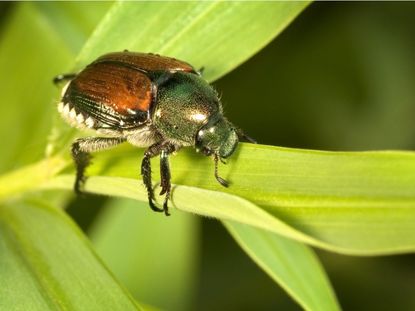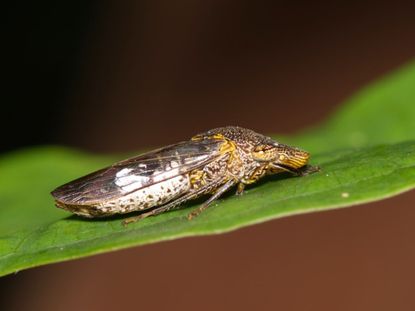Garden Pests
Identifying garden pests is sometimes difficult, as there are many, but important when it comes to pest control in your garden. However, with the right tips and facts about garden pests at your disposal, you can arm yourself with the tools you need for controlling pests before they take control of your plants. Common pests in the garden don’t need to be a cause for alarm. Simply use the following information for identifying garden pests and learn how to employ the best methods for pest control in your garden.
Explore Garden Pests
-
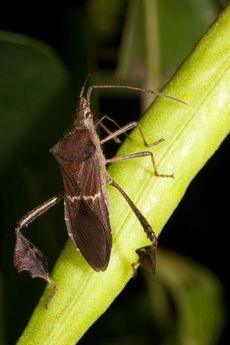
What Are Leaf Footed Bugs: Learn About Leaf Footed Bug Damage
Although many of the bugs in the garden can be easily distinguished as friend or foe, the leaf footed bug is not among them. These sometimes problematic insects require careful observation so you can clearly say if they're harming your garden plants. Learn more here.
By Kristi Waterworth
-
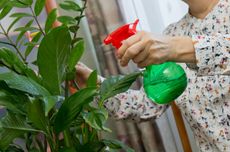
Indoor Thrips Control – Getting Rid Of Thrips On Houseplants
Thrips indoors are not as common as thrips on outdoor plants, but they do occur and it is important to take care of them before the damage becomes too difficult to deal with. It is best to identify them early in order to have the best chance in getting rid of them. Learn more here.
By Raffaele Di Lallo
-
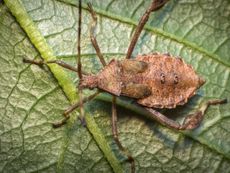
Controlling Squash Bugs - How To Get Rid Of Squash Bugs
Squash bugs are one of the most common pests affecting squash plants, but also attack other cucurbits as well. Squash bug identification is relatively easy to recognize with tips from this article.
By Nikki Tilley
-
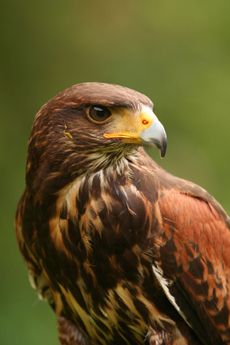
Controlling Predatory Birds: What To Do For Birds Of Prey In My Garden
If you enjoy watching wildlife in your garden, for some of you, one animal you don't want to see is a bird of prey. Find out how to discourage hawks and owls from visiting your garden in this article should they be a threat to your peace of mind.
By Jackie Carroll
-
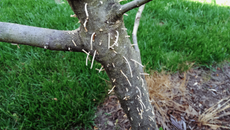
Preventing Granulate Ambrosia Beetles: Granulate Ambrosia Beetle Prevention And Treatment
The granulate ambrosia beetle can completely devastate over 100 species of deciduous trees. Learn how to avoid this damage with the ambrosia beetle control info found in this article.
By Jackie Carroll
-
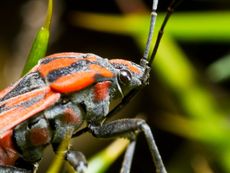
Chinch Bugs In Lawns: Learn About Chinch Bug Control
What are chinch bugs? These insect pests are known to plague turf grass across North America. There is a species for almost every climate and their activities cause irreparable damage to lawns. Click this article to learn more.
By Bonnie L. Grant
-
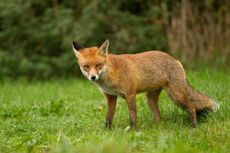
Predator Urine In Gardens: Does Urine Deter Pests In The Garden
Of all garden pests, mammals are often the ones that can do the greatest damage in the shortest time. One strategy for warding off these animals is to use predator urine as a pest deterrent. Learn more about this pest control method here.
By Ilana Goldowitz Jimenez
-
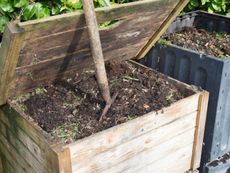
Soil Mite Info: What Are Soil Mites And Why Are They In My Compost?
Could your potted plants be lurking with potting soil mites? If you've ever come across these frightening-looking creatures, you may be wondering what they are. This article has more information.
By Susan Patterson
-
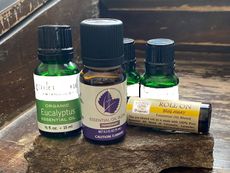
Do Essential Oils Stop Bugs: Using Essential Oil As A Pesticide
Do essential oils stop bugs? Can you deter bugs with essential oils? Both are valid questions and we have answers. Click on the following article for more information on using essential oils to deter bugs.
By Mary H. Dyer
-
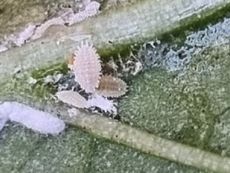
What Is Soft Scale – How To Recognize Soft Scale Insects
Lumps, bumps and weird cottony fluff on your plants are more than just some strange coincidence, they?re probably soft scale insects! Don?t worry, we have the answers to your burning soft scale questions. Click this article to learn more.
By Kristi Waterworth
-
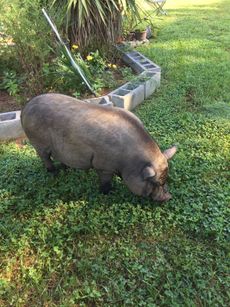
Domestic Pigs In The Garden: How To Prevent Pig Rooting Damage
Even if it’s the domestic pet pig of your neighbor, pigs in the garden lead to rooting damage for your plants. Keep them out with tips found here.
By Amy Grant
-

Soap For Garden Use: Using Bar Soap In The Garden And Beyond
Ever get tired of tossing out those small pieces of bar soap leftover from the bathroom shower or sink? Learn how to put them to use in gardens here.
By Nikki Tilley
-

Gardening With Electric Fencing: Electric Fence Options For Gardens
If your garden has been trampled or nibbled on by marauding wildlife, electric fencing may be a viable solution. Click here for tips on using them.
By Mary H. Dyer
-
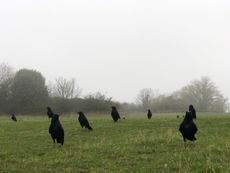
Crow Damage To Lawns – Why Are Crows Digging In Grass
Lawn damage from crows can be disastrous to some. What is it with grass and crows? Can crow damage to lawns be repaired? Find out here.
By Amy Grant
-
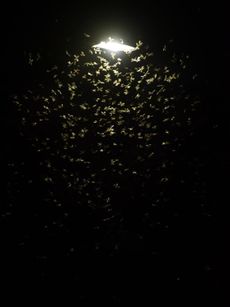
What Is A Bug Light - Using Bug Light Bulbs In The Garden
It’s easy to forget in the dead of winter about the havoc bugs tend to wreck on summer evenings. Bug light bulbs may be the answer and you don’t have to zap them, just repel them.
By Mary Ellen Ellis
-
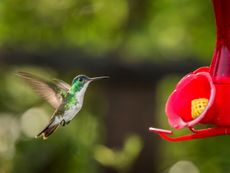
Stop Other Birds On Hummingbird Feeders – Do Other Birds Use A Hummingbird Feeder
Many bird-loving gardeners hang hummingbird feeders, hen discover other species of birds have invaded and chased the hummers away. If this is you, read on for tips.
By Laura Miller
-
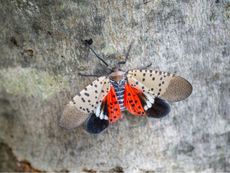
Spotted Lanternfly Control – How To Get Rid Of Spotted Lanternflies
If you see wilting, branch death, flagging of trees and vines combined with honeydew and accompanying sooty mold, you’re probably looking at Spotted Lanternfly damage. Read on to learn about Spotted Lanternfly control.
By Amy Grant
